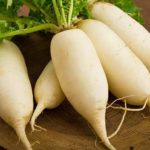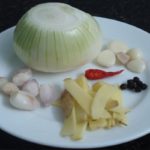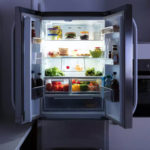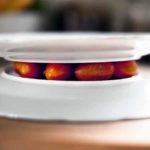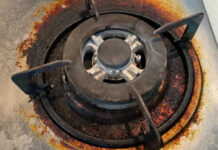During scorching hot days, the growth of bacteria and mold accelerates, leading to quick spoilage of food. In this article, we will provide you with 5 essential tips for effectively preserving food and preventing spoilage on hot sunny days.
1 Clean cooking utensils after use
To ensure food safety and prevent cross-contamination, it is crucial to clean all cooking utensils after use. It is important to avoid using the same utensils for raw and cooked food, especially: never use utensils that have been in contact with raw meat for cooked meat, and avoid using utensils that have been in contact with flipped raw meat for cooked meat.
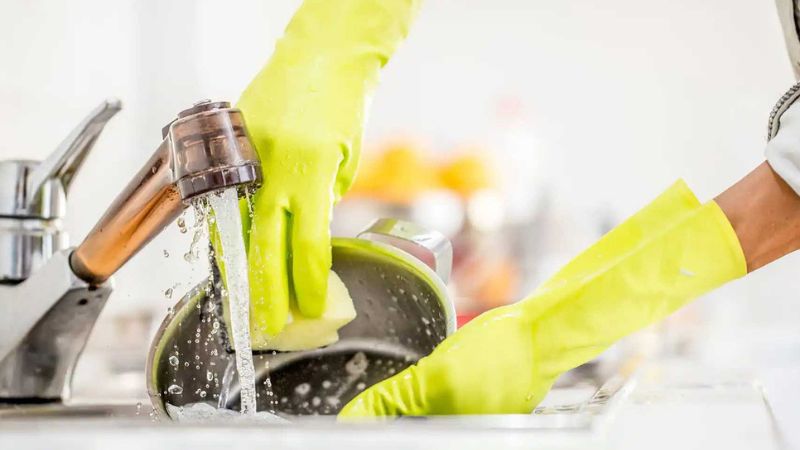 Clean cooking utensils after use
Clean cooking utensils after use
2 Wash hands before handling and processing food
To prevent contamination and ensure food quality, it is essential to thoroughly wash your hands before handling and processing food. Note that after touching raw food, you must wash your hands thoroughly before touching cooked food.
 Wash hands before handling and processing food
Wash hands before handling and processing food
3 Preservation methods for cooked food
When it comes to preserving cooked food, it is important to follow these guidelines:
-
Keep excess or cooled food hot or boiling.
-
Separate each type of cooked food to avoid mixing different types.
-
Use containers with lids to prevent bacteria.
-
Once reheated, food should only be used once and should not be reheated multiple times.
-
Store cold food for a maximum of 24 hours, and stews and salty dishes for a maximum of 3 days. Consider labeling the containers with the time and type of food to avoid forgetting.
-
For soups, stews, etc., store them in the refrigerator with liquid to prevent drying out. Refrigerate immediately after boiling and allowing them to cool (do not leave them out for more than 2 hours).
-
Use an ice box to preserve cooked food if you don’t have a refrigerator or experience a power failure.
-
Do not consume cooked food that has changed color or has a strange smell.
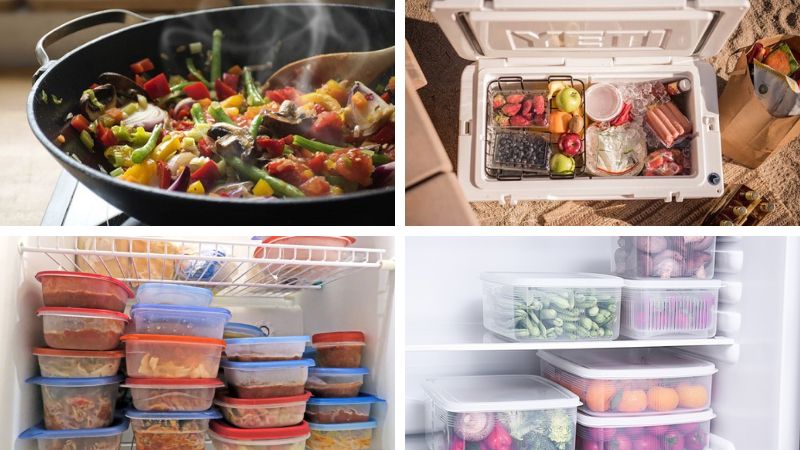
Preservation methods for cooked food
4 Preservation methods for frozen food
When it comes to preserving frozen food to maintain its freshness, consider the following:
-
Wash and drain the food before freezing.
-
Divide foods like , ,… into appropriate portions for each meal to facilitate thawing and avoid repeated thawing, which can cause deterioration.
-
Use tightly sealed containers to prevent the escape of food.
-
Fresh produce can be kept for up to 1 year at -180 to -300 degrees or up to 18 months at -360 degrees. However, prolonged freezing can lead to the breakdown of certain nutrients and alterations in food quality.
-
Meats like , , and lamb should be frozen for 7 to 10 days, and fish should be frozen for 3 days.
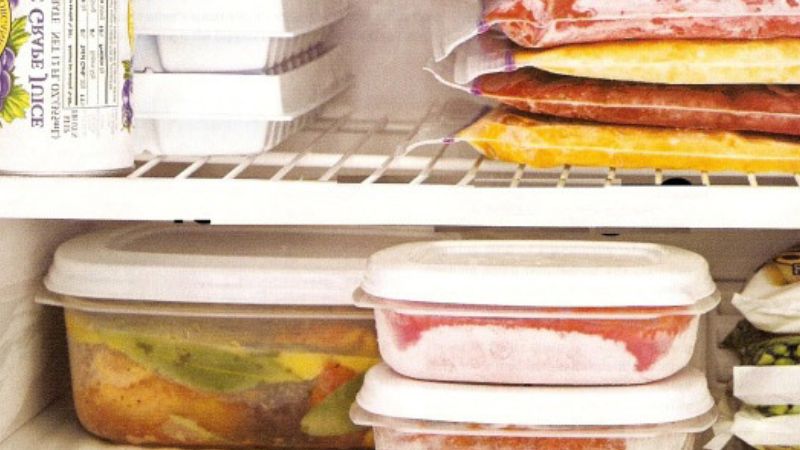
Preservation methods for frozen food
5 Preservation methods for vegetables and fruits
For leafy greens and delicate fruits, it is advisable to wash and drain them before storing them in the refrigerator. For vegetables like , ,…, it is best to wrap them before storing. Additionally, root vegetables like , ,… can be stored in a dry, well-ventilated place without refrigeration.
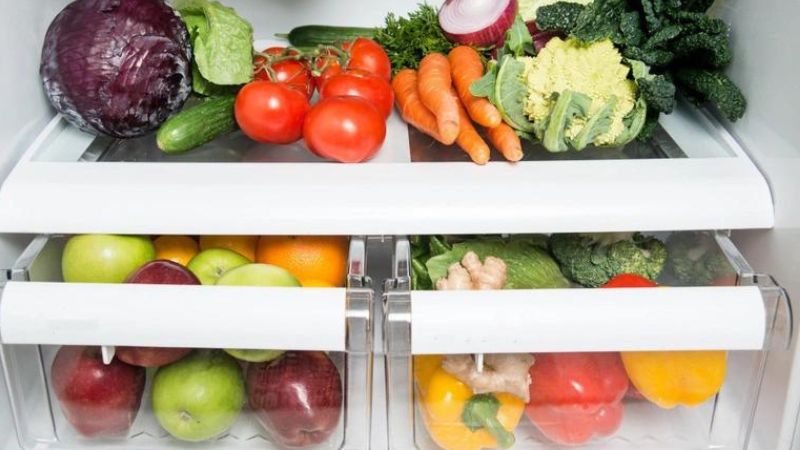
Preservation methods for vegetables and fruits
These valuable tips will help you preserve your food and keep it fresh and delicious on hot days. Apply these suitable preservation methods to ensure the quality of your food.
More Useful Advice for Homemakers (Part 2)
Have you heard of the surprisingly easy tips to make cooking and household chores simpler? White radish eliminates the acrid taste of salted meat, adding alum to raw shrimp helps soften it, and adding cold water when frying eggs can make them crispy – these are just a few of the tricks to make your life easier.
Ten Strategies to Streamline Your Cooking Process
Are you a busy housewife looking for ways to save time in the kitchen? Did you know that flossing can also help you out? Check out these 10 tips to help you quickly and easily prepare delicious meals for your family. Learn how to peel garlic in 10 seconds and cut cherry tomatoes quickly for a healthy and tasty meal.
























